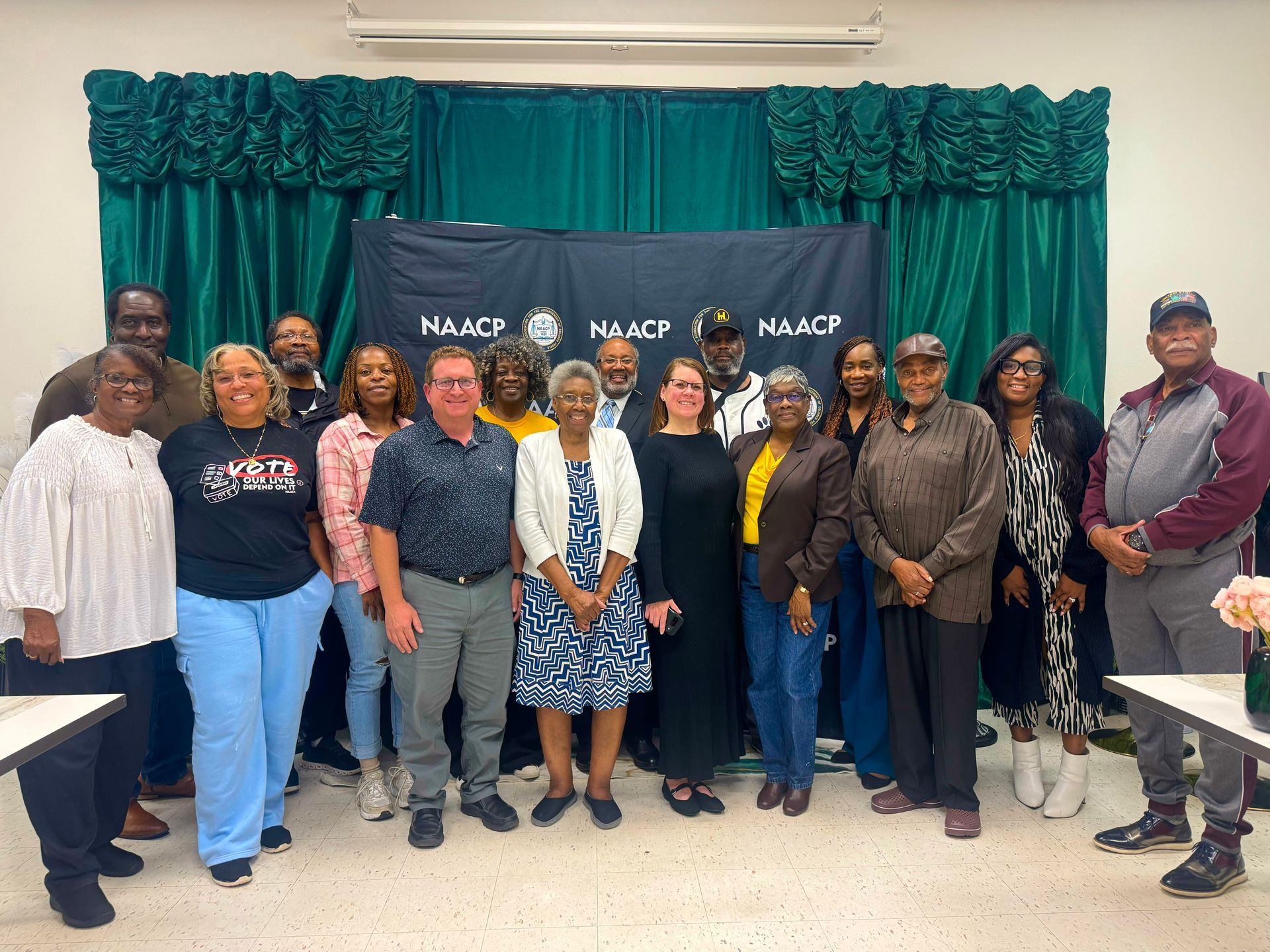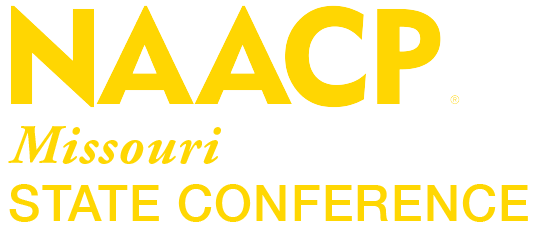WEEKLY LEGISLATIVE UPDATE 05/13/2024
The Mood at the Capitol
There are just 5 days left in the 2024 legislative session. The legislature must adjourn sine die (without setting another day) before 6:00 p.m. on Friday. Any bills that are required to go to conference committee must be on the desks of the House members before they adjourn on Thursday. There isn't much time left for doing conference committees, and so far no bills have been sent to conference where members from both chambers could sit down to work out the differences between the two versions of the bill.
The house sent the final budget Bill to the governor with just a couple of hours to spare. This was a major accomplishment and required some unusual maneuvering by the House Budget and Senate Appropriations Chairs. The Senate sent the FRA reauthorization to the House late last week, and the House has scheduled its first hearing on the bill for this afternoon at 1:00 p.m. . The House requires 3 of the next 5 days in order to get the FRA reauthorization through the final bit of the process. This assumes no one in the House attempts to amend the bill in any way. They can work on other legislation while this bill is working its way through the 3 days required for its final passage in the House. With the budget and the FRA likely to be on the Governor's desk during the regular session, the potential for some kind of special session becomes very low.
Of the 2,602 bills that were filed this year, 30 have made it to the Governor, including the 18 budget bills. Conflicting reports continue as to whether or not there are enough votes to pass IP restrictions this year, and whether there are any other priority bills the legislature will try to pass before Friday. Both the house and the Senate have calendars full of bills from the other chamber that they could just take up and pass. Some of these are very controversial, and some have broad support. It is likely both Chambers spend their sessions on Monday and Tuesday trying to pick through what they can still send to the governor without much controversy.
voting rights
SJR 74 (Coleman) the initiative petition restrictions that threaten majority rule here in Missouri, are still on the priority agenda for the freedom caucus. The Senate Democrats are ready to stand and filibuster and insist that if they go to a vote of the people, they go without the smoke screen of ballot candy. Procedurally, the bill is pending a vote to accept the changes made by the house. Those changes reinserted a variety of ballot candy provisions that had been taken out in the earlier Senate debate. Strategically, this means there are two choices for Senator Coleman. She can either continue pushing the Senate to accept the House’s changes and face the very uphill battle of getting 18 votes to cut off the Democrats’ filibuster, or she could make a substitute motion to reject the House's changes and ask the House to pick up and pass the Senate version of the bill. As time ticks down, it becomes less and less likely that the House will be able to go to any kind of a conference committee to work out differences between the two versions of the bill. The House could then vote to either accept the Senate version of the resolution, or send it to a conference committee where members from both Chambers sit down to work out differences between the versions.
Tensions will be running high for the next week. Rumors are likely to get more and more far-fetched as we get closer to 6:00 p.m. on Friday. Please know your lobby team at the Jones Advocacy Group, well as the full-time professional lobbyists from our allies, are in the building everyday and every night as the Senate is in session. They are in constant contact with both the Democrats and Republican leadership. They have their finger directly on the pulse of the issue, and are reporting back as things develop. Denise Liberman will send an action alert if and when action is needed.
SJR 78 (Brown 26) is still not on the House Calendar, but is still a potential threat. It could get put on the Calendar early this week. That would set it up for a potential vote in the House to put it on the ballot. Assuming no changes are made, it would not need to return to the Senate for a final vote. That measure contains only citizen language, requires paper or mechanical ballots only, and prohibits any kind of rank choice or approval voting that was not already in place prior to November of this year.
criminal justice
There are three potential crime bills still pending in the Senate. These bills could be vehicles for both good and bad provisions, and as of right now all of them are some mixture of the two. The good time credit language was added to Senate Bill 1659 as we had been requesting, but at the last minute Senator Luetkemeyer changed the language significantly so anyone with a dangerous felony would not be eligible to earn good time credit. This was unexpected, and may explain part of the reason the language has had a difficult time the last couple of years despite being supported by the Department of Corrections. At this point we face the same questions we do almost every year on issues of criminal or civil justice. Do the good provisions make things better than they are currently, and will the bad provisions impact more people than those good provisions will help? These bills are well over 100 pages long, in one case approaching 300 pages, and are still changing and growing. Any bill that does make it out of the Senate will still have to go back to the House for at least one more vote before it moves to the Governor for signing. They could also send it to conference committee where members from both chambers sit down to hash out what the final bill will look like.
Call to Action
Please bear with us as we come to the end of this legislative session. These last few days are likely to be very hectic and full of shifting ground. The good news is that anything that isn’t Truly Agreed and Finally Passed (TAFP) by 6pm on Friday will have to start over as a new bill when the legislature reconvenes in 2025. Please don’t hesitate to reach out if you have any questions..
Tracking List
https://govwatch.net/report/M6q8o0GrzR
*This list is continually updated and improved. If you have questions, please contact Sharon Geuea Jones at
sharon@jonesadvocacy.com.
RECENT ARTICLES




